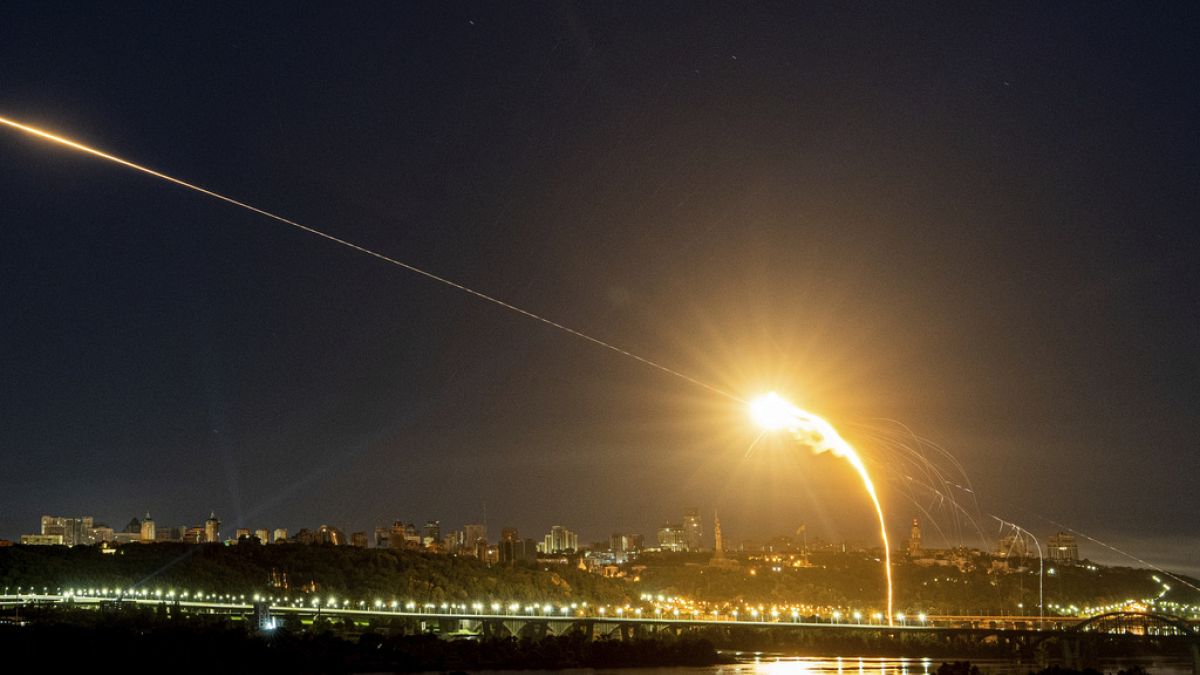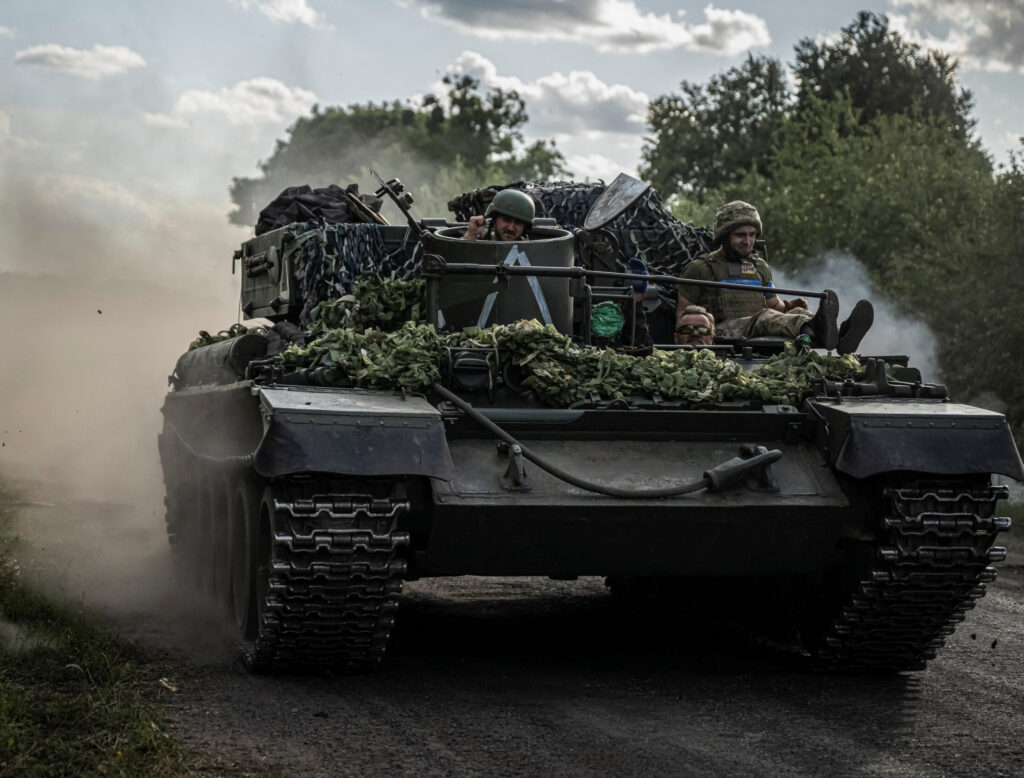Germany’s plans to cap aid payments to Ukraine have sparked criticism from SPD and Union politicians. As outlined in the proposed federal budget, the decision has raised concerns about whether Germany might be slowly reducing its financial support for Ukraine. Robin Wagener (Green Party) has criticized the coalition partners’ stance, while Sahra Wagenknecht (BSW) is calling for a complete halt to the aid.

The proposed limit on federal aid for Ukraine has drawn criticism from both SPD and Union politicians. Michael Roth, the chairman of the Bundestag Foreign Affairs Committee and a Social Democrat, told the Funke media group: “It is a disastrous signal from the federal government to Ukraine if no further funds for new military aid are planned in future federal budgets.”
The specifics of whether this will indeed occur remained uncertain over the weekend. Finance Minister Christian Lindner (FDP) wrote in a letter to Defense Minister Boris Pistorius (SPD) and Foreign Minister Annalena Baerbock (Green Party) that “new measures” should only be adopted if “funding is secured” in the budget plans for this and the coming years. He also requested, “Please ensure that the upper limits are adhered to.”
Despite this, the Finance Ministry stated on August 17 that it remained open to discussions. However, needs must be specifically reported and substantiated—no such report has been received so far. The federal government generally expects that Ukraine will receive increased support through interest from frozen Russian state assets in the future.
Roth expressed concern: “The Ukrainian army is back on the offensive for the first time in months. The country now needs the full support of its most important military ally in Europe, Germany. Instead, the debate over future military aid funding seems like a disguised withdrawal of Germany from its responsibilities. We cannot make our security dependent on budget constraints.” He added that the $50 billion from a G7 aid fund, which will also include interest from frozen assets, is “by far not enough.”

The Union also voiced criticism. CDU politician Roderich Kiesewetter told the Tagesspiegel that ceasing to finance military support for Ukraine from the federal budget “means, in effect, that Ukraine is being abandoned.” He criticized the lack of will in the budget negotiations to prioritize support for Ukraine.
The current budget planning does not include any new funds beyond the already pledged billions. The government plans to finance support for Ukraine beyond the €4 billion allocated for 2025 from a new international fund with a volume of €50 billion, rather than from the federal budget. This new fund will use frozen Russian assets to support Ukraine, as recently agreed by the G7 group.
Kiesewetter argued that “it is not enough to finance Ukraine from the spare change and, when it becomes inconvenient, to refer to the EU or frozen Russian assets, from which only interest, if at all, is used and which are rightfully Ukraine’s.” He accused Chancellor Olaf Scholz (SPD) of eyeing upcoming regional elections in Thuringia, Saxony, and Brandenburg.
Union parliamentary manager Thorsten Frei (CDU) acknowledged that using frozen Russian central bank assets to support Ukraine is a correct approach. “But no one knows if, when, and how much money might actually be available,” he told the Funke newspapers. He also noted that within the government, no one knows when international negotiations on this matter might be concluded.
Green foreign policy expert Robin Wagener criticized the SPD and FDP’s stance, stating it is now necessary to “place responsibility and pragmatism before party politics.” Wagener expected the SPD, FDP, and also the Union to “pull themselves together.”
BSW Chairperson Sahra Wagenknecht, meanwhile, called for the removal of funds for military supplies to Ukraine from the 2025 federal budget. “These funds should be completely cut, especially in light of the new revelations about the Nord Stream attacks,” she said. “Instead of continuing to ask German taxpayers—also through the EU—to finance Ukraine’s state budget and arms deliveries, it is time to discuss compensation.”






